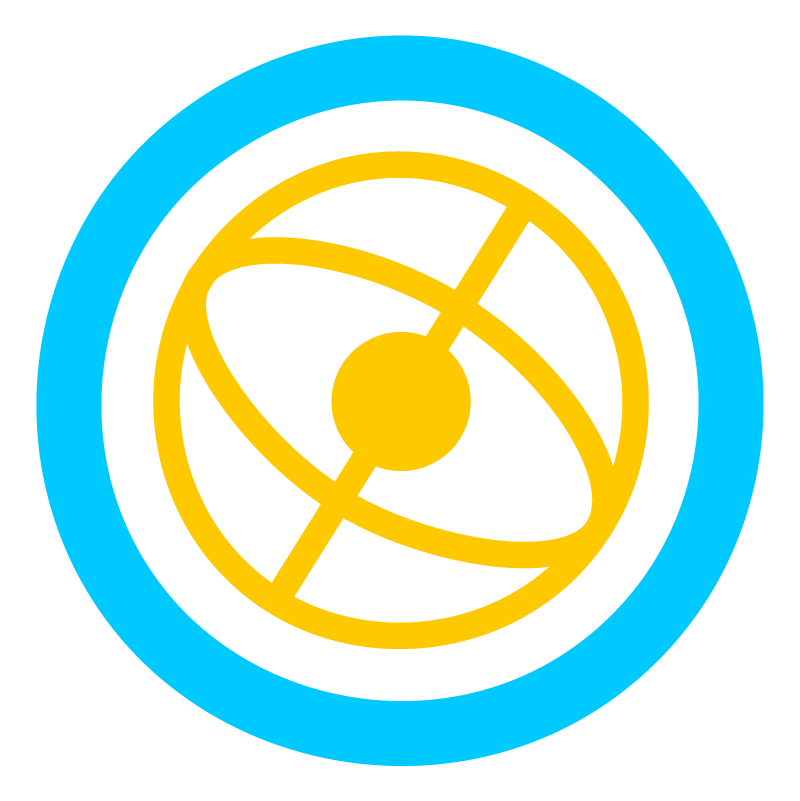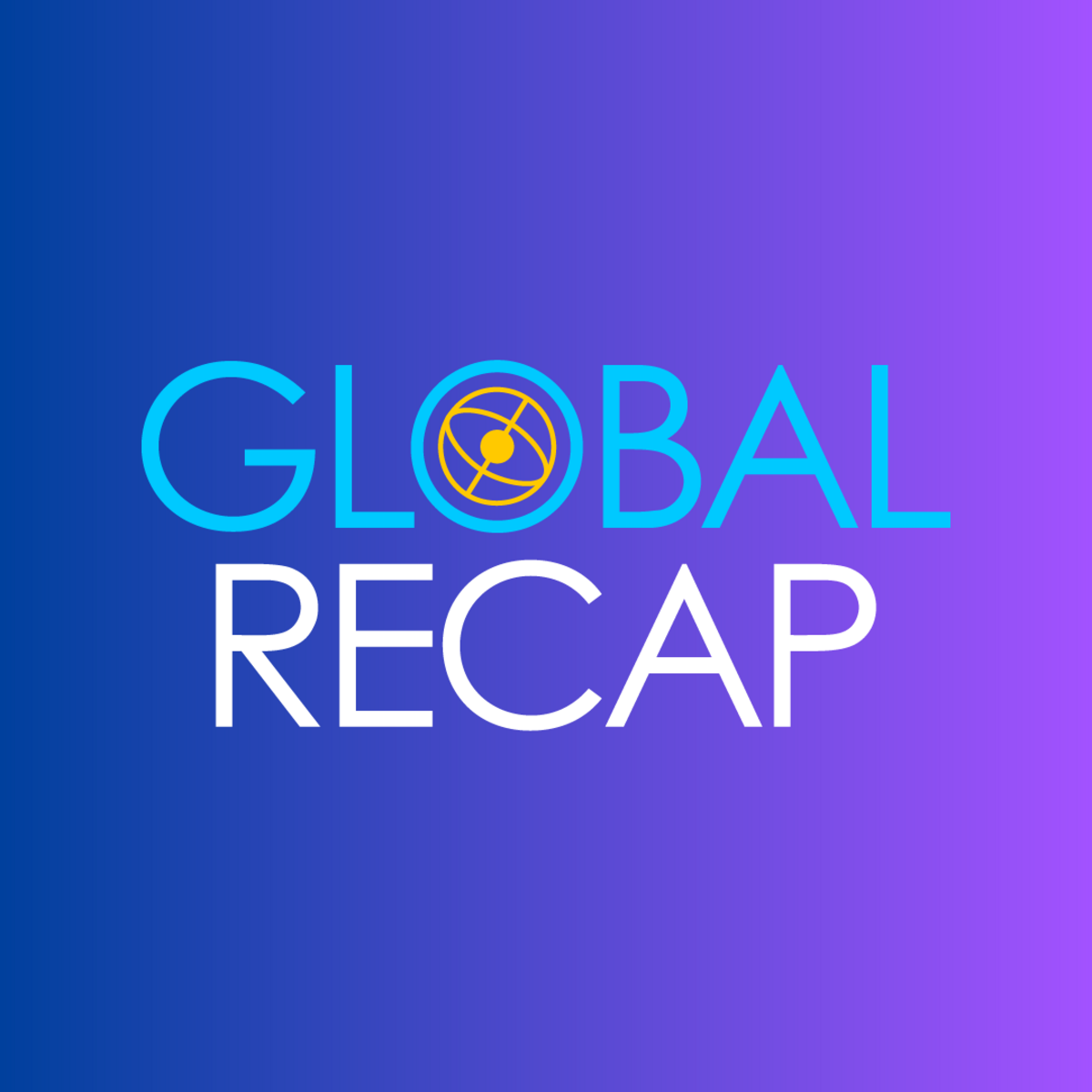
Hi Global Recap readers,
Right as we were debating whether the Japan-US trade deal is just a “smokescreen,” Akazawa went and poured gasoline on the fire.
Is this all just another Japanese negotiation tactic before the August 1 tariff deadline, or are they seriously planning to drag things out (as surmised)? 👇
🌐 WORLD
Fast Scroll News

Minister in charge of Economic Revitalization of Japan, Ryosei Akazawa.
🇯🇵 Japan Nixes US Pact. Japan’s top tariff negotiator Ryosei Akazawa just said Tokyo won’t lock its new trade deal with the US into a legally binding agreement.
Instead, they might settle for a joint statement, but nothing with legal teeth.
US Treasury Secretary Scott Bessent floated the idea of quarterly compliance checks, but Akazawa said that never came up in talks.
"[We] had no discussion with US officials about how to implement the deal yet."
"I am not thinking about signing a legally binding agreement at this moment."

Ukrainian President Zelenskyy.
🇺🇦 Zelensky Reverses Corruption Law. President Zelenskyy just did a U-turn after Ukraine’s biggest anti-government protests since the war started, promising to restore independence to two key anti-corruption agencies.
Earlier this week, he backed a law putting the National Anti-Corruption Bureau and Specialised Anti-Corruption Prosecutor’s Office under presidential control. As a result, protests erupted and Western allies pushed back hard.
Now he says he’s submitted a new bill to protect these bodies from “Russian influence” and keep them independent, but he hasn’t shown the details yet.
The EU warned Ukraine that fighting corruption is a “core” condition for joining the bloc.
Critics, including opposition MP Oleksiy Goncharenko, are calling out the flip-flop: “First we take it away, and then we say that it must be guaranteed. So why was all this necessary?”
📌 Context: Ukraine’s anti-corruption agencies were set up in 2014–15 as part of EU and IMF demands.

These images reveal just how dire Tehran’s water crisis has become: Amir Kabir Dam (the main water source for 9 million people) has nearly dried up. The left photo is from August 2024, and the right one is from February 2025.
🇮🇷 Iran Eyes Capital Move. Iran’s president just floated the idea of relocating Tehran because the city is basically out of water.
President Masoud Pezeshkian said, “Tehran truly has no water left,” as the country faces its worst shortage in decades.
At least 20 of Iran’s 31 provinces are in crisis, with one of the biggest reservoirs set to dry up in weeks.
Schools and government offices in Tehran Province are shut until at least Saturday to save water and energy.
Critics blame the regime for ignoring climate warnings, while Israel’s energy minister taunted Iran, saying, “We now have abundant water resources that we even export to our neighbors.”

French President Emmanuel Macron speaking at last year’s United Nations General Assembly in New York City.
🇫🇷 France Recognizes Palestine. Macron just announced France will officially recognize Palestinian statehood, breaking with the US and most of its closest allies.
Macron says he’ll make it formal at the UN General Assembly in New York this September.
France is the first G7 country to take this step, putting it at odds with the Trump administration’s approach to Gaza.
Macron called for an immediate Gaza ceasefire and more help for civilians, saying France is sticking to its “historical commitment” to Middle East peace.
The move follows months of hints and hesitation from Paris.

Harshvardhan Jain
🇮🇳 Fake Embassy Busted. Indian police just arrested Harshvardhan Jain, 47, for running a fake embassy out of a luxury house near Delhi...
Jain posed as an “ambassador” for made-up countries like Seborga and Westarctica, scamming people with promises of overseas jobs and contracts.
Cops found nearly 4.5 million rupees (~$52,047) in cash, fake diplomatic plates on luxury cars, and doctored photos with world leaders.
He even had counterfeit passports and fake seals from India’s Foreign Ministry. He even arrested in 2011 for an illegal satellite phone.
Jain’s accused of money laundering, forgery, and impersonation, all while living large on a rented estate.
📌 Context: Acutally, Seborga and Westarctica are not completely made-up. Seborga is a small village and self-proclaimed principality in Italy, while Westarctica is a self-declared micronation that claims territory in Antarctica.

🇨🇳 CHINA & 🇪🇺 EUROPEAN UNION
Agree on One,
But Nothing Else

President of the European Council António Costa (left), President of China Xi Jinping (middle), and President of the European Commission Ursula von der Leyen (right) in Beijing, China, July 24, 2025.
Europe and China just wrapped a tense summit in Beijing, agreeing on climate action but clashing on almost everything else. That said, no one really expected more going in.
Only Climate Agreement Reached
Let’s start with the one thing they agreed on: steps to tackle climate change.
Both sides reaffirmed commitment to the Paris Climate Agreement.
Pledged deeper cooperation on green tech and emissions reduction.
They also called for “strong action” at the upcoming COP30 climate summit in Brazil (Nov. 10 - 21).
📌 Context: The Paris Climate Agreement, adopted in 2015, commits nearly 200 countries to limit global temperature rise to well below 2°C above pre-industrial levels, with efforts to cap it at 1.5°C, through nationally determined emissions reduction targets and regular progress reviews.
Tense Talks in Beijing

So what soured the mood? European leaders landed in Beijing hoping to rebalance a lopsided trade relationship and address mounting political disputes.
EU's Ursula von der Leyen: “We’ve reached an inflection point. Rebalancing is essential.”
EU pushed for action on its €300 billion trade deficit with China.
EU also raised concerns about cyberattacks, rare earth restrictions, and human rights.
Xi’s Response: Mixed Signals

What did China make of these complaints? Xi Jinping, who offered warm words on climate, resisted EU's trade demands and criticism.
Xi: Europe and China should “set aside differences and seek common ground.”
He urged EU to stop using “restrictive economic and trade tools,” referring to EU restrictions on Chinese exports such as tariffs on Chinese electric vehicles, tighter controls on solar panels, etc.
The EU says its tariffs on Chinese EVs are a response to what it considers unfair government subsidies that give Chinese companies an artificial advantage.
Businesses and unions fear they put 2.5 million auto jobs, and over 10 million more tied to the industry, at risk.
China initially hit back with investigations into pork, dairy, while placing tariffs on French cognac and armagnac.
Xi also Dismissed calls to pressure Russia over Ukraine.
Trade Tariffs and EV Tensions

Another critical point of contention: critical minerals.
Just as they to the US, China has been holding back rare earth metals bound for the EU. It let a few shipments through recently, but just enough to keep European factories running, while using access as a bargaining chip.
Today, China promised to “fast-track” mineral exports, but details are still murky.
Looking Beyond Beijing

President of the European Council António Costa (left), Prime Minister of Japan Shigeru Ishiba (middle), President of the European Commission Ursula von der Leyen (right) in Tokyo, Japan, July 23, 2025.
Cornered between a protectionist US and combative Beijing, the EU seems to be hedging. Just as the saying goes: "don't put all the eggs in one basket."
EU recently struck trade pacts with Indonesia and is drafting deals with Mexico and South America.
President of the European Council António Costa and President of the European Commission Ursula von der Leyen visited Japan before China, launching a new partnership to strengthen economic ties and stand up for free trade.
Free trade was once the global norm, but the world is increasingly drifting toward a divide: with one bloc favoring open markets and another leaning into protectionism.
While it might seem that businesses would naturally invest more in the free-trade bloc, investment decisions often hinge on consumer demand.
In that regard, the US remains a major draw, with its large, resilient, and highly active consumer base continuing to attract global business, even amid rising trade barriers.


